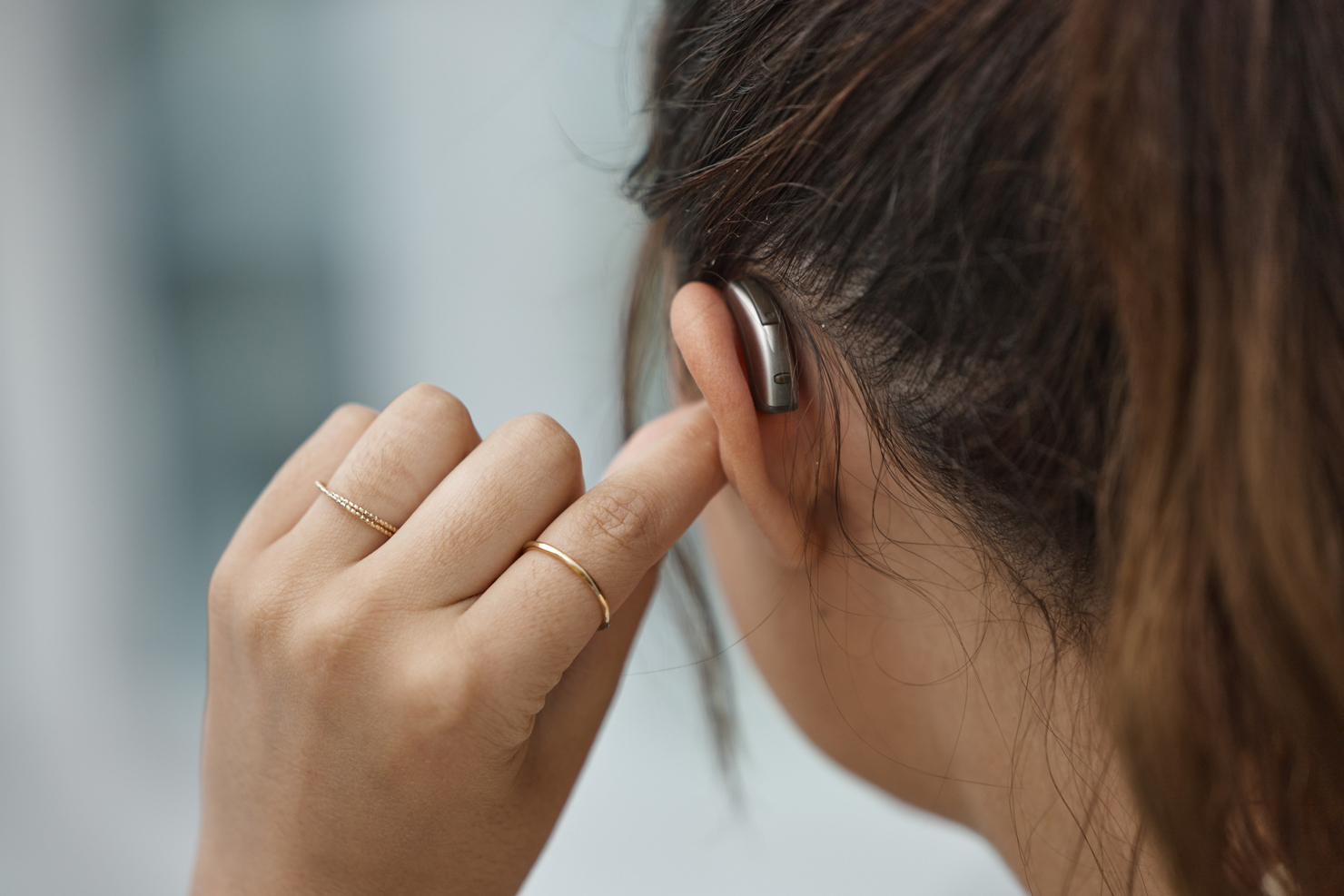
How is the FDA’s recent ruling on Over-The-Counter (OTC) hearing aids impacting the audiology industry? Are OTC hearing aids a threat to hearing clinics – or an opportunity for more people with hearing loss to easily access the devices?
Many audiology practices say that not much has changed since the FDA ruling. Some within the audiology industry theorize that the customer base for OTC hearing aids aren’t necessarily people that would have visited audiologists for hearing screenings and hearing aid fittings. These consumers are likely just starting to notice a hearing loss and might not be ready to visit a hearing clinic for a full assessment. Instead, they’re buying OTC hearing aids as an easy, convenient way to manage their hearing loss.
Also, keep in mind that with more people aging – and needing hearing aids – the demand for hearing care is far greater than the audiology profession can manage. In other words, as more people require hearing care, the number of audiologists simply can’t keep up with the increasing patient demand.
While people are willing to proactively address their vision problems with glasses or contact lenses – statistics show that 75% of American adults use vision correction – hearing aid use still remains low. Will having an OTC option help ensure that more people who need hearing aids can (and will) access them?
The Concept of OTC Hearing Aids
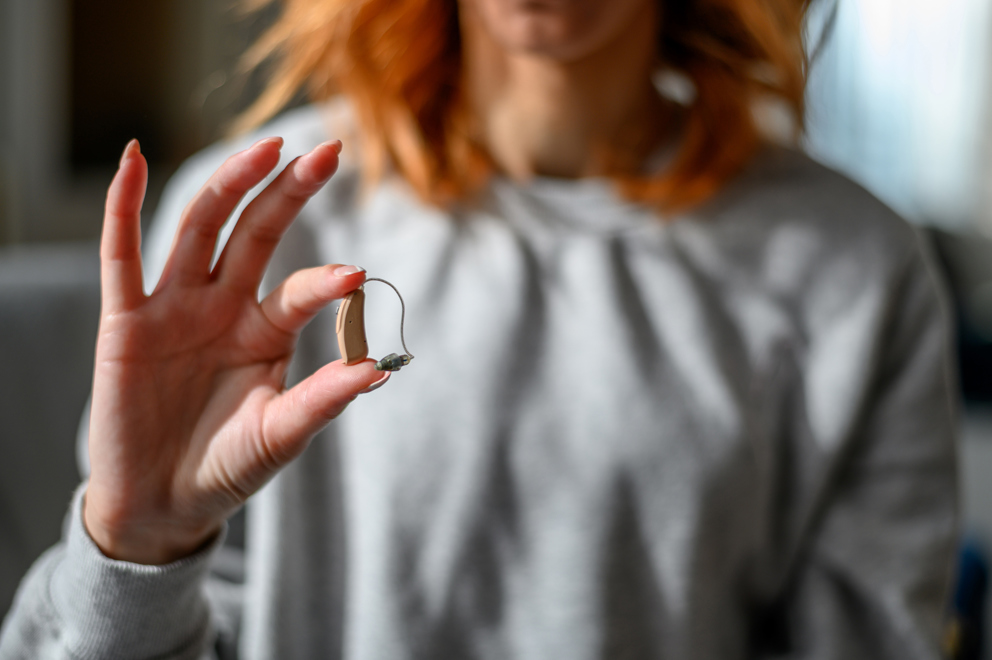
To increase the use of – and access to – hearing aids, in October 2022, the FDA established a new category of over-the-counter (OTC) hearing aids for adults 18+ with mild to moderate hearing loss. It’s important to note that OTC hearing aids are not intended to correct more severe hearing loss and are not meant for children under age 18.
While some hearing aid models have been sold online for years, they were loosely regulated, with no guarantees about how effectively they worked. Now, thanks to the 2022 FDA ruling, there are clear rules and regulations around hearing aids. For instance, the FDA requires that OTC hearing aids meet specific standards for safety and efficacy.
People can buy OTC hearing aids that meet the FDA’s requirements – without a prescription – in retail stores and online.
Children under 18 years old should see an audiologist or other hearing care provider for hearing screenings and, if they’re found to have a hearing loss, they should only get prescription hearing aids from a hearing care practitioner. Children have specific needs related to their growth and development and need trained audiologists to properly fit and program their hearing aids. As they grow, infants and children will need their hearing aids to be properly sized. Children also need proper follow up care with an audiology professional who will monitor their progress and ensure that they’re meeting specific speech and language milestones.
Has OTC Hearing Aids Influenced Sales Since The FDA Approval

Hearing aid sales have been improving since the FDA ruling but, interestingly, OTC sales don’t seem to be negatively impacting “traditional” hearing aid sales at hearing clinics. During the first quarter of 2023, hearing aid sales increased 9.1% over the same period last year, according to the Hearing Industries Association (HIA). The HIA found that OTC sales in Q1 2023 only accounted for 1% of the total hearing aids distributed by HIA members. Note: Q1 2023 is the first full quarter since the FDA ruling in October 2022.
Even without looking at OTC hearing aid numbers, prescription hearing aid sales rose by 8.0%. Commercial sales – including hearing aids sold at hearing clinics and major retailers – increased by 7.8%. This upswing in hearing aid sales is good news after the last three quarters of 2022, when sales were down dramatically. The last time hearing aid sales were down that much – and for that long – was in 2008, during the Great Recession!
It’s been a year since the FDA ruling on OTC hearing aids, and hearing aid sales are, thankfully, on the rise. Some people wondered if OTC hearing aids would be a threat or an opportunity. There was concern that the OTC market might disrupt audiology practices and the sales of prescription hearing aids – but that has not been the case thus far. Many audiologists are reporting steady hearing aid sales, similar to the metrics they had before OTC hearing aids were available.
It appears as if the traditional, prescription-fit, and OTC hearing aid markets might be serving very different audiences. Older adults with more severe hearing loss still need to be seen at audiology clinics for prescription hearing aids. The OTC market seems to skew towards younger adults with milder hearing loss. It’s quite possible that people who are buying OTC hearing aids wouldn’t have gone to an audiologist for prescription models, which is why hearing practices aren’t experiencing any decreased sales. OTC purchasers may have just started to notice some mild hearing loss and may not have considered going to an audiologist to fix their minor hearing issues. Perhaps they’re trying OTC hearing aids simply because that option is easy, convenient, and less expensive than prescription models.
Who Should Consider OTC Hearing Aids?
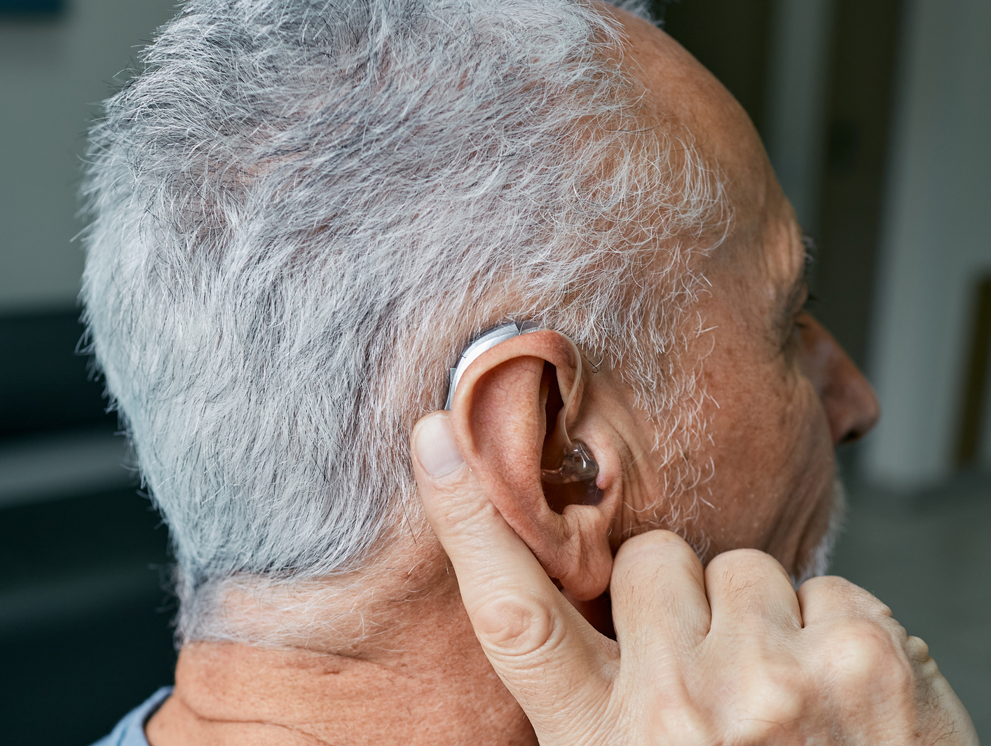
OTC hearing aids are most appropriate for adults experiencing mild to moderate hearing loss that’s unrelated to illness or injury. More severe hearing loss requires prescription hearing aids from an audiologist.
OTC hearing aids typically work well for people who can hear well during one-on-one conversations in quiet environments but have trouble hearing in situations with background noise, like a crowded restaurant, theater, or other venue. People with more challenging hearing loss issues should see an audiologist.
Consumers need to be at least somewhat tech-savvy to use OTC hearing aids. If someone can’t figure out how to use a smartphone, for instance, OTC hearing aids may not be a great fit. The OTC hearing aids often attach to smartphones, so users can control functions (like volume control) from their phone’s home screen or apps.
Stay Ahead of the Curve - Embrace iPad-Based Hearing Screeners
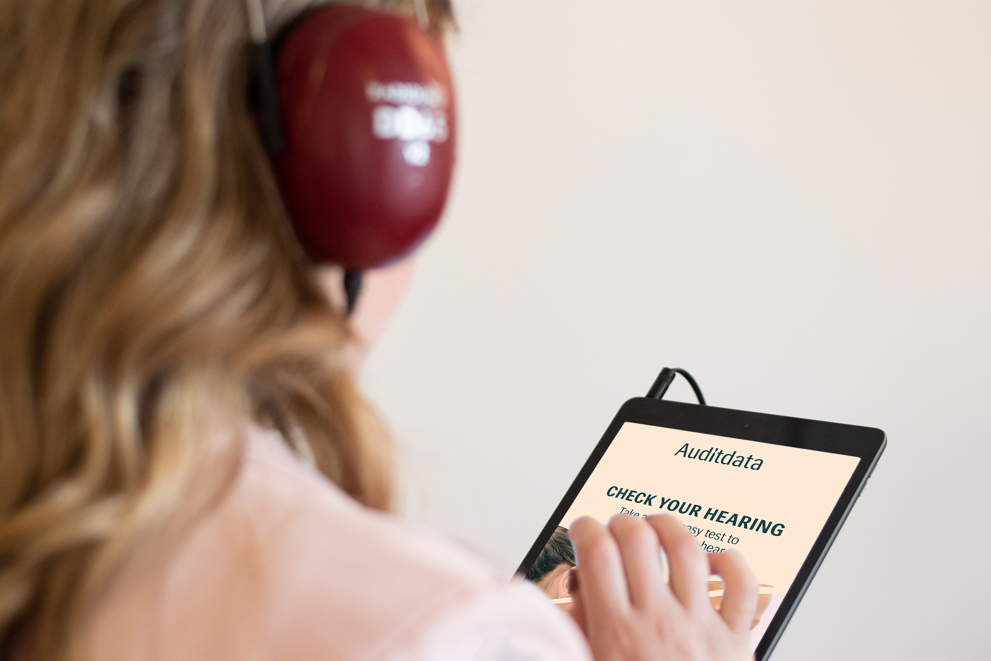
OTC hearing aids don’t require a prescription, it’s still a good idea to see an audiologist before getting them. OTC devices technically don’t require a diagnostic hearing test, but patients need to know whether their hearing loss is mild or moderate, as opposed to severe hearing impairment.
While OTC hearing aids empower individuals to take control of their hearing health, the role of professional guidance remains crucial.
Hearing clinics can leverage technological advancements to stay ahead of the curve and enhance the overall patient experience.
Hearing clinics can differentiate themselves by incorporating iPad-based hearing screeners into their diagnostic processes. These advanced screeners offer precise and efficient assessments, ensuring accurate insights into patients' hearing capabilities. The interactive nature of these devices allows individuals to actively participate in their hearing assessments, fostering a sense of empowerment and involvement in their healthcare journey.
Other Blogs You Might Enjoy:

What Do Your Hearing Aid Users Need?
If someone suspects they have hearing loss, they should see an audiologist for a hearing screening to determine whether they need hearing aids. But then what happens? This blog explains how to give your patients what they need for success with their hearing aids, such as setting proper expectations, providing care and maintenance tips for the devices, offering valuable tips before they buy, and providing ongoing aftercare.
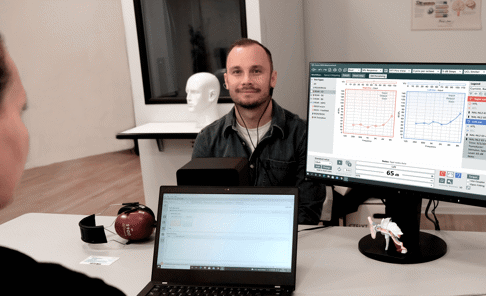
Are Real Ear Measurements Necessary?
Real Ear Measurements (REM) – also called Probe Microphone Measurements (PMM) – are considered the gold standard in hearing aid fitting and verification, allowing audiologists to determine whether a hearing aid user is receiving the precise level of amplification needed at every frequency to maximize their hearing. This blog explains how REM can improve customers’ hearing, as well as drive better business outcomes and serve as a key differentiator for hearing clinics.

How To Recognize & Address Hearing Loss in Kids and Teens
Is your baby not startled or upset by sudden loud noises? Does your toddler not respond when you call their name? Does your child or teen ask you to repeat yourself often? These could be signs of a hearing loss. It’s important to address (and resolve) hearing issues promptly, as an untreated hearing loss can interfere with your child's ability to learn, socialize, and communicate.This blog outlines signs that your child might have a hearing loss and explains what to do about it.
Don't Miss Out On the Latest Insights On Audiology
Sign up today to receive exciting updates, tips, and the latest newsletters from Auditdata.
Resources:
⭐️ Auditdata Engage - iPad Hearing Screener
⭐️ It's Confusing and Difficult to Shop for Hearing Aids. Here's How to Figure It Out
⭐️ Medical Devices; Ear, Nose, and Throat Devices; Establishing Over-the-Counter Hearing Aids
⭐️ Over-the-Counter Hearing Aids: Frequently Asked Questions
⭐️ Hearing Aid Sales Vault Upward by 9% in First Quarter of 2023
⭐️ OTC Hearing Aids Are Here, but Are They Shaking Things Up?
⭐️ OTC Hearing Aid Rule – The Impact Now and Into the Future





